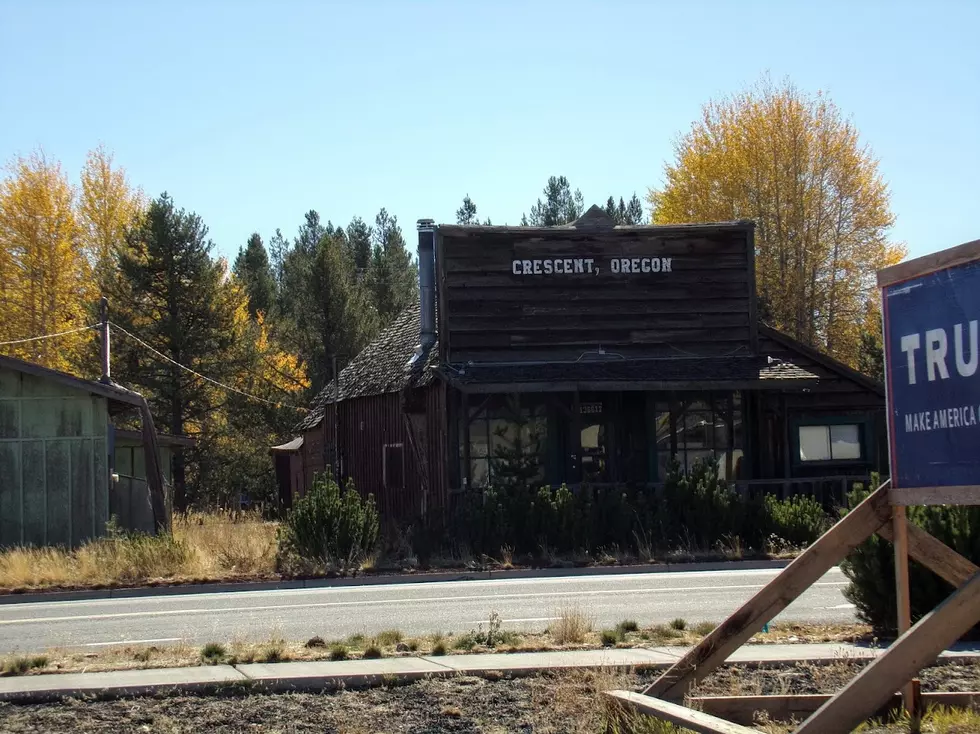
Idaho Prison Leaders Tighten Public Record Exemptions
BOISE, Idaho (AP) — The Idaho Board of Correction has tightened and clarified some restrictions on what documents can be released under the Idaho Public Records Act, including security camera information and inmate visitor logs.
IDOC Director Josh Tewalt said the effort was needed so that the department's longstanding policy of denying public record requests for the number and location of security cameras would be in writing, preventing any differing interpretations.
Tewalt also recommended that the board include security camera footage in the exemptions, saying that IDOC policy is to deny all requests for that footage as well. Prison officials fear someone could use the information to determine which areas of a prison facility aren't covered by security cameras, making it easier to hide illicit activity.
"What we've been talking about internally, is that you have some kind of broad authority that has been interpreted differently at various points in the past," Tewalt said during the board meeting Monday.
He asked the board to consider "the kind of information that you would want to see protected and the info that you think the public has the right to know. In this case, I think, with the security cameras, I'm struggling to find a reason for a member of the public to want that specific information."
But board members Dodds Hayden and David McClusky stopped short of including the footage in their motion to expand the exemptions, instead focusing on camera locations, inmate trust accounts and some other documents. When making the motion, Hayden mentioned that security footage that was publicized in the past showing a violent beating was of interest to the public.
Security camera footage from Idaho's prisons has occasionally been at the center of major breaking news stories, sometimes leading to government efforts to improve prison operations. Visitor logs and messages between inmates and people outside of prison have also at times become the subject of news stories in Idaho.
News organizations typically obtain those videos and documents when they are used in court, but expanding the board's rules to include footage would have made that more difficult. That's because Idaho court rules say documents declared exempt from disclosure under state law can be sealed in criminal or civil proceedings.
The new rules, which must be approved by the Idaho Legislature next year, make the following things exempt:
-Security camera locations
-Inmate visitor logs and visitor information
-Inmate telephone logs
-Inmate electronic messages to include email, photos, e-cards and video grams
-Inmate trust account information
-Offender GPS records and information
Ritchie Eppink, an attorney with the ACLU of Idaho, said the rule change amounted to the department trying to exploit the limited discretion afforded it under state law. The ALCU is currently representing University of Idaho law professor Aliza Cover in a lawsuit against the IDOC over access to lethal injection records.
"They don't keep very good records and they withhold records for no good reason," Eppink said. "It's deeply concerning that you have a Board of Correction seeking to expand even further what the Board of Correction is going to keep from the public in a state where we value transparency."
More From News Radio 1310 KLIX






